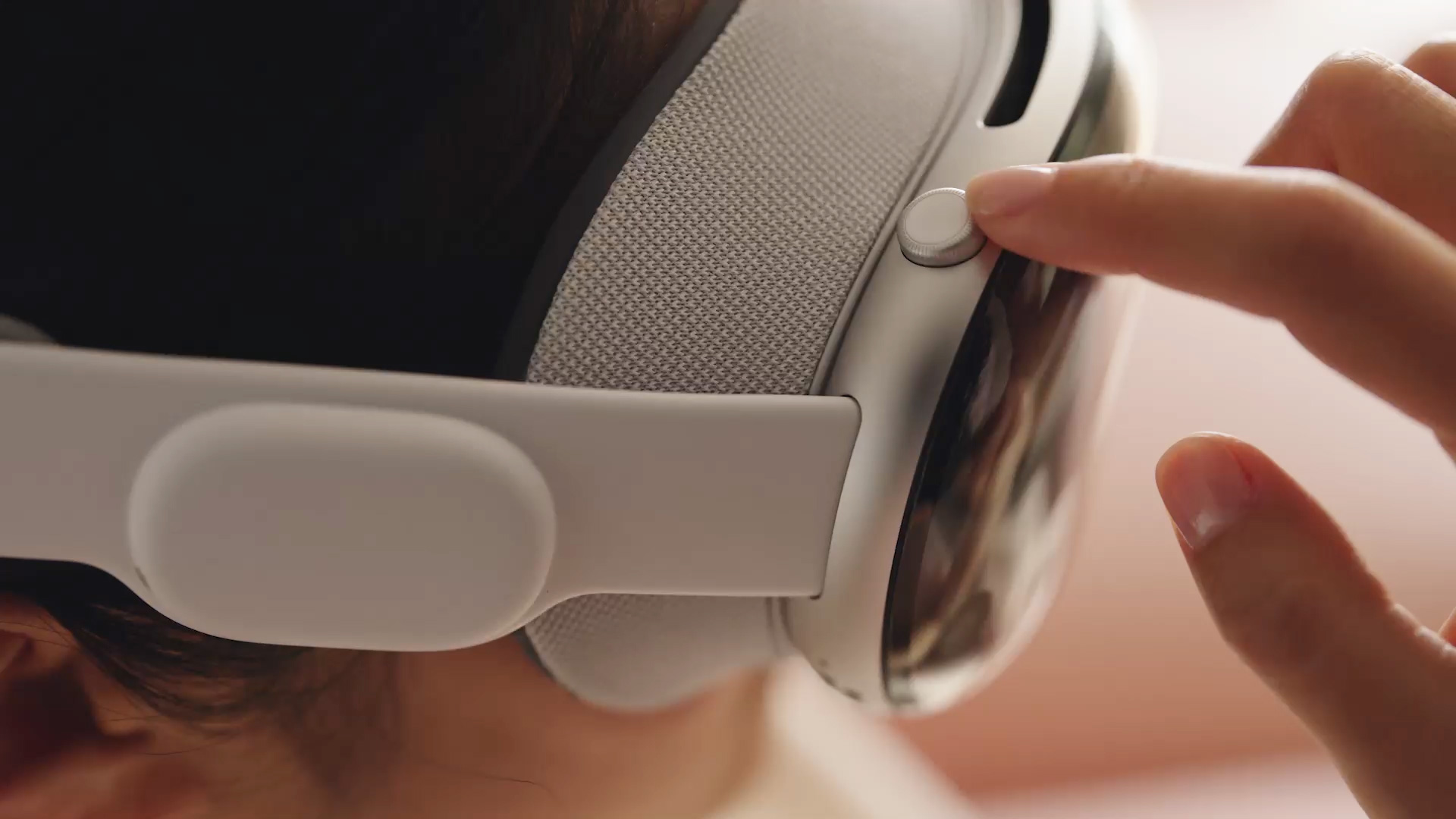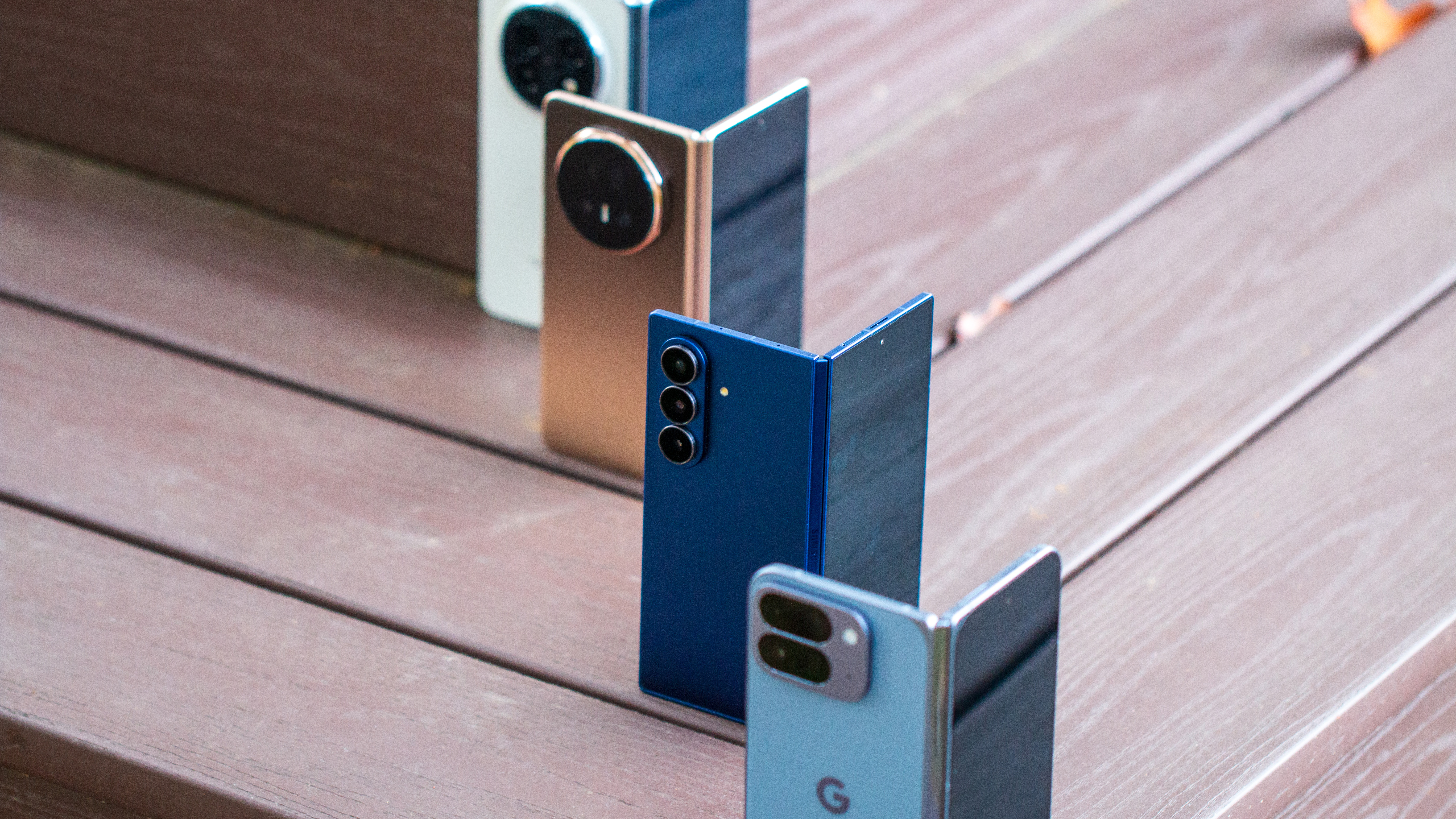I'm not surprised Samsung scrapped this XR headset after seeing the Apple Vision Pro
The leaked prototype supposedly sported an Exynos chip, micro-OLED displays, RGB passthrough, and eye tracking.

What you need to know
- Chinese VR news outlet Vrtuoluo published (then deleted) leaked photos of a Samsung XR headset prototype.
- Supposedly, this headset had several similarities to the Apple Vision Pro, but ran off of an Exynos 2200 chipset.
- Samsung and Google are collaborating on an XR device, developing the hardware (Samsung) and software (Google).
- A July report claimed that Samsung abandoned this specific prototype after the Apple Vision Pro unveiling, planning a new version to "better compete" with Apple.
Back in July, we learned that Samsung executives took one look at the Apple Vision Pro and decided to totally redesign their mixed-reality headset, focusing on performance, design, and the display panel. Now, based on a leaked prototype of Samsung's XR headset, we know why.
Chinese VR news site Vrtuoluo leaked photos and specs of the unnamed Samsung XR headset late last week. It later deleted the article, possibly due to a Samsung takedown request; but we saw the photos and information thanks to UploadVR and analyst Brad Lynch covering the leak.
Supposedly, Samsung's XR headset had an Exynos 2200 chipset, OLED microdisplays, dual RGB cameras and depth sensor for passthrough, internal eye-tracking cameras, and no controllers (aka relying on hand tracking, like the Vision Pro).
The prototype itself looks very much like other standard VR headsets, though the final version may have looked more stylish and polished.
VR陀螺 published information on a Samsung XR HMD prototype that was once the basis for what they wanted to make to compete with AppleIt included:•Micro-OLED displays/Pancake optics•Exynos 2200 chip w/ AMD RDNA2 architecture•Inside Out tracking with dual RGB camera… pic.twitter.com/xTFV8uiSvzAugust 10, 2023
Even though this lacks the Vision Pro's stylish, modular design, it isn't fair to hold that against an internal prototype. The bigger issue is that the unnamed Samsung XR headset relied on the Exynos 2200.
Samsung had high hopes for its homemade 2022 flagship chip, but it had documented issues with lag, gaming, display glitches, and battery life, and its benchmarks fell well short of the Snapdragon 8 Gen 1 (which itself had overheating and throttling issues). Samsung ended up switching entirely to Snapdragon chips for the S23 series.
Maybe Samsung had a surplus of unsold Exynos 2200s lying around, but that doesn't mean it should use them for its first foray back into virtual reality in a half-decade! Subpar battery life and performance lag are serious concerns for dedicated VR gaming headsets, let alone for XR devices that have to power more cameras for eye tracking and higher-resolution displays for passthrough.
Get the latest news from Android Central, your trusted companion in the world of Android
The upcoming Meta Quest 3 XR headset will allegedly use a redesigned version of the powerful, efficient chip found in the Galaxy S23 Ultra. That's about as good as you could hope for in a $500 headset.
The problem is, it's nowhere close to the performance that Apple's M2 chip in the Vision Pro (and most of its recent MacBook Pros) can deliver. If Samsung wants to offer a mixed-reality alternative to the Vision Pro that's more powerful (and expensive) than the Quest 3, it would need to go beyond what mobile chipsets (Exynos or Snapdragon) can deliver.
Perhaps Samsung could rely on an Intel chip, as it did with the Galaxy Book 3 Ultra. Now that Samsung has abandoned its Exynos prototype, we'll have to wait and see what it does next. But it's fair to say that Samsung was right to try something new rather than use this headset (or something like it) to challenge the Vision Pro.
We know it's working with Google to create mixed-reality software, but Google's Senior Director of Engineering for XR software resigned last month while criticizing Google's "unstable commitment" to the field. This could prove another obstacle for Samsung to overcome, along with the challenge of competing against Apple and Meta.

Michael is Android Central's resident expert on wearables and fitness. Before joining Android Central, he freelanced for years at Techradar, Wareable, Windows Central, and Digital Trends. Channeling his love of running, he established himself as an expert on fitness watches, testing and reviewing models from Garmin, Fitbit, Samsung, Apple, COROS, Polar, Amazfit, Suunto, and more.
